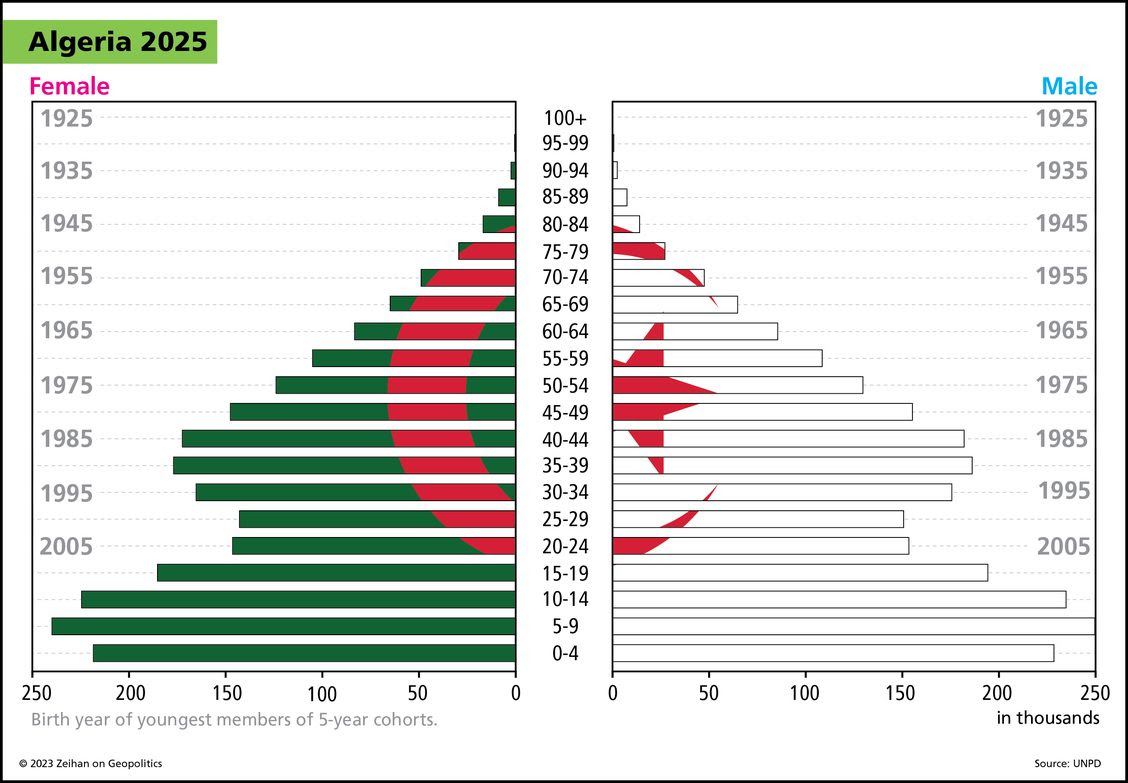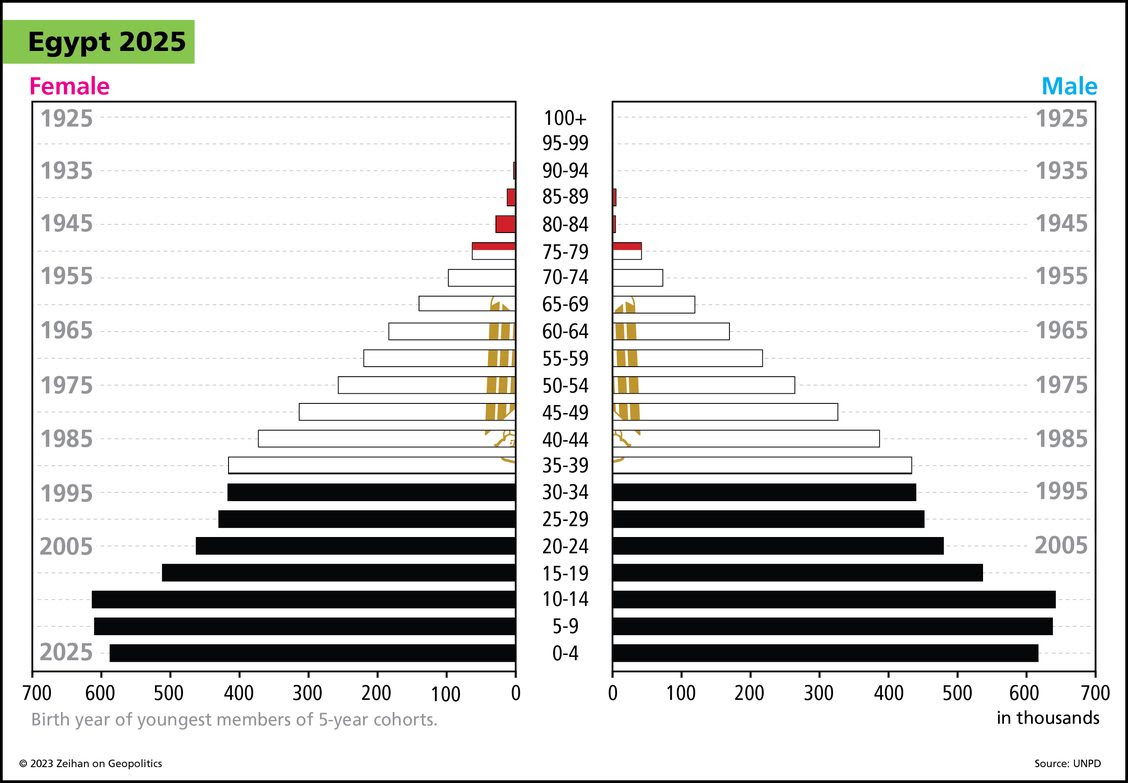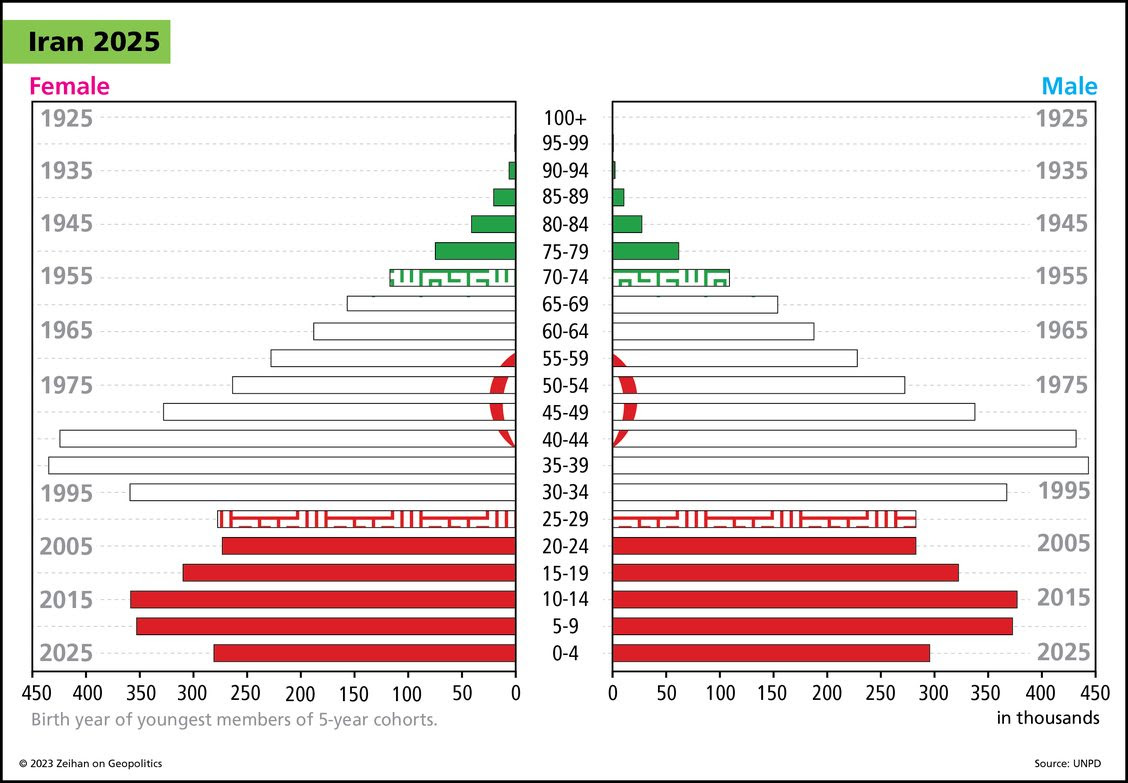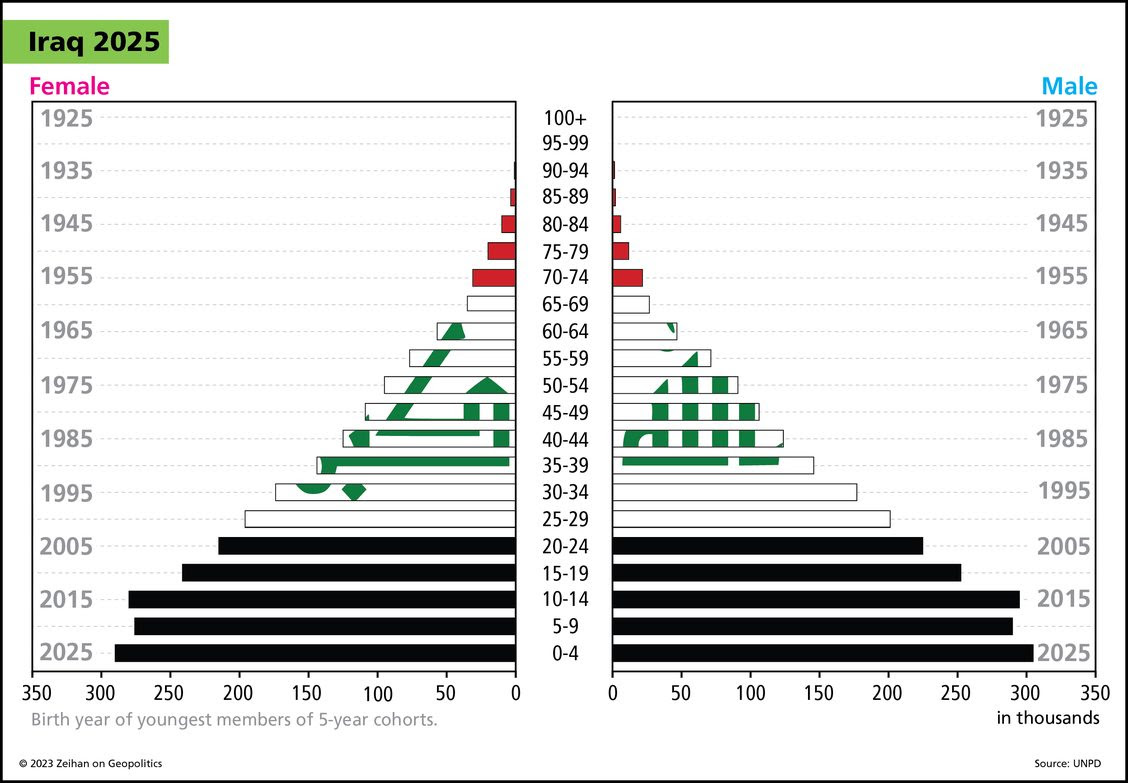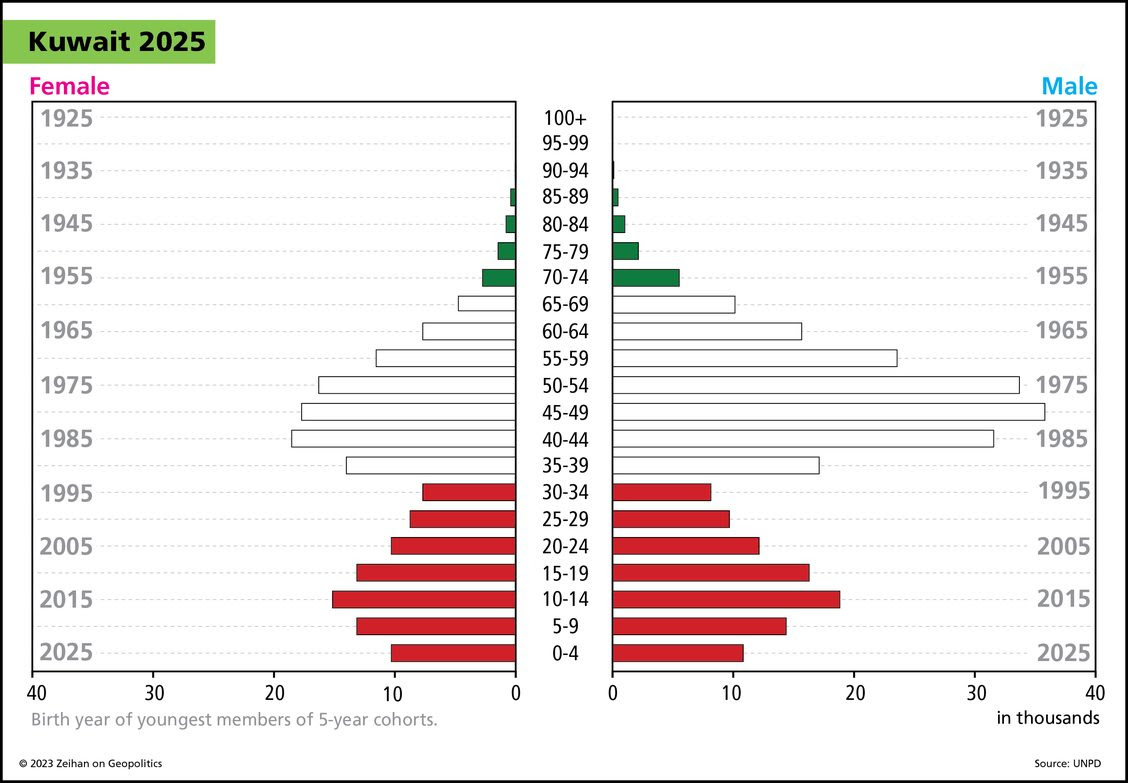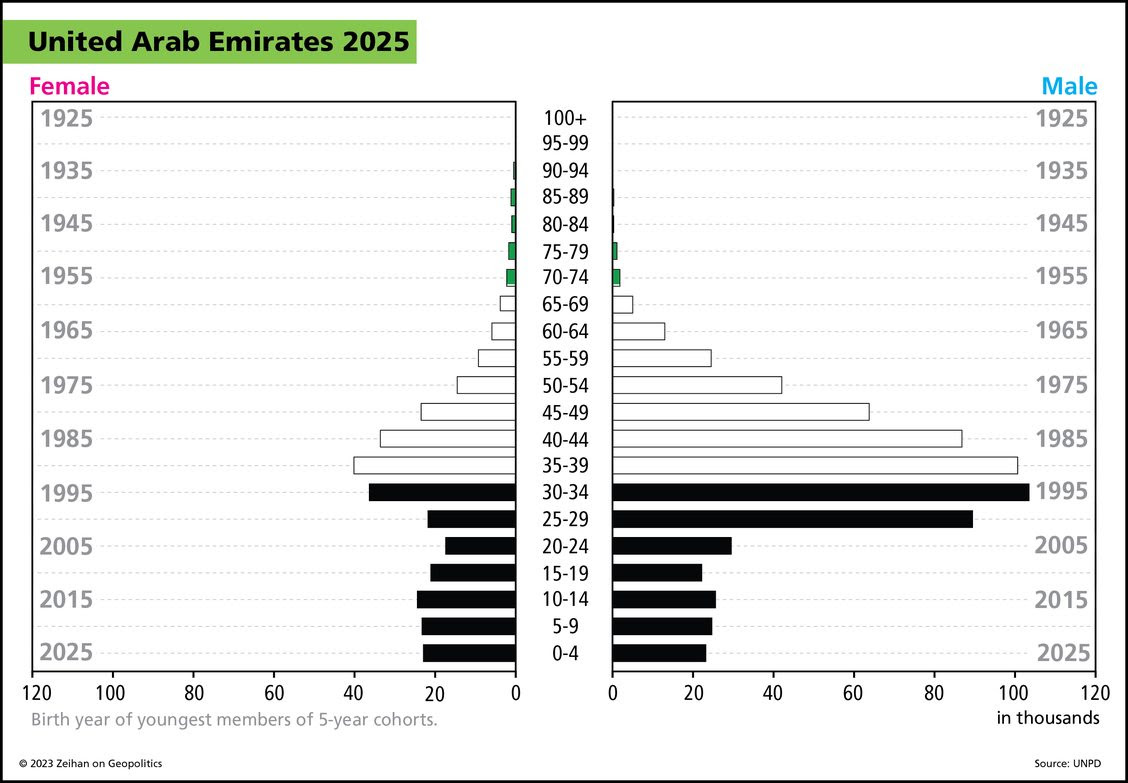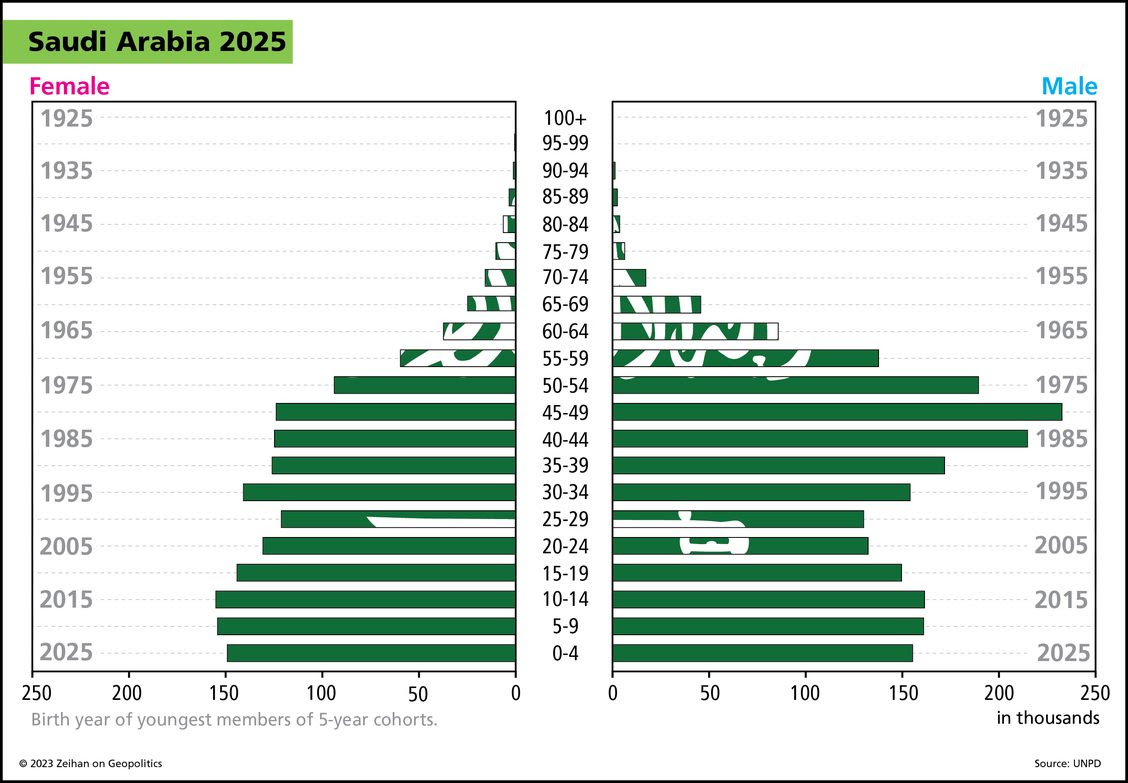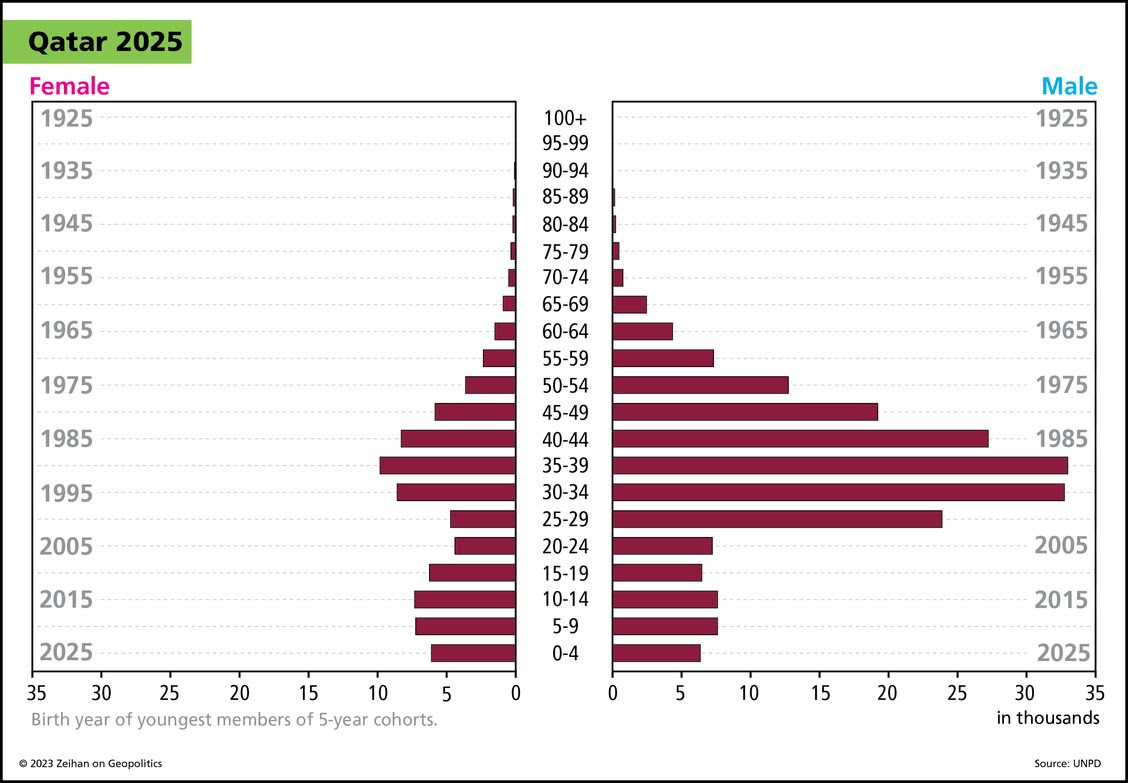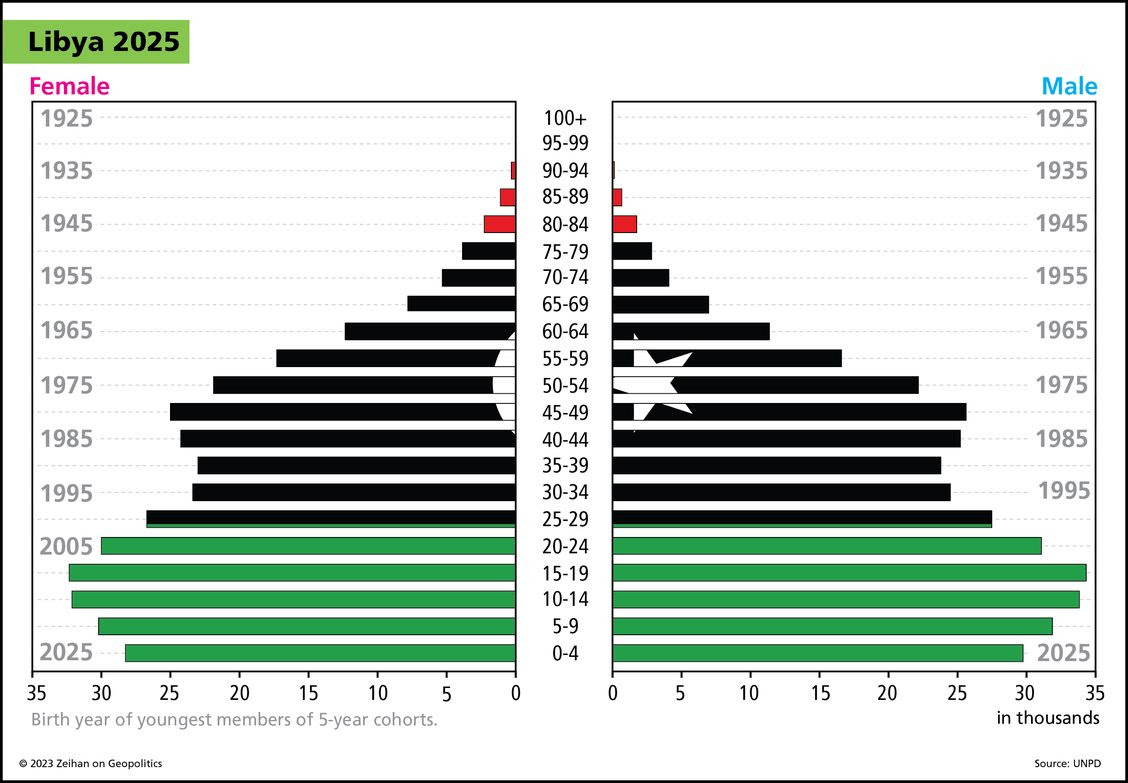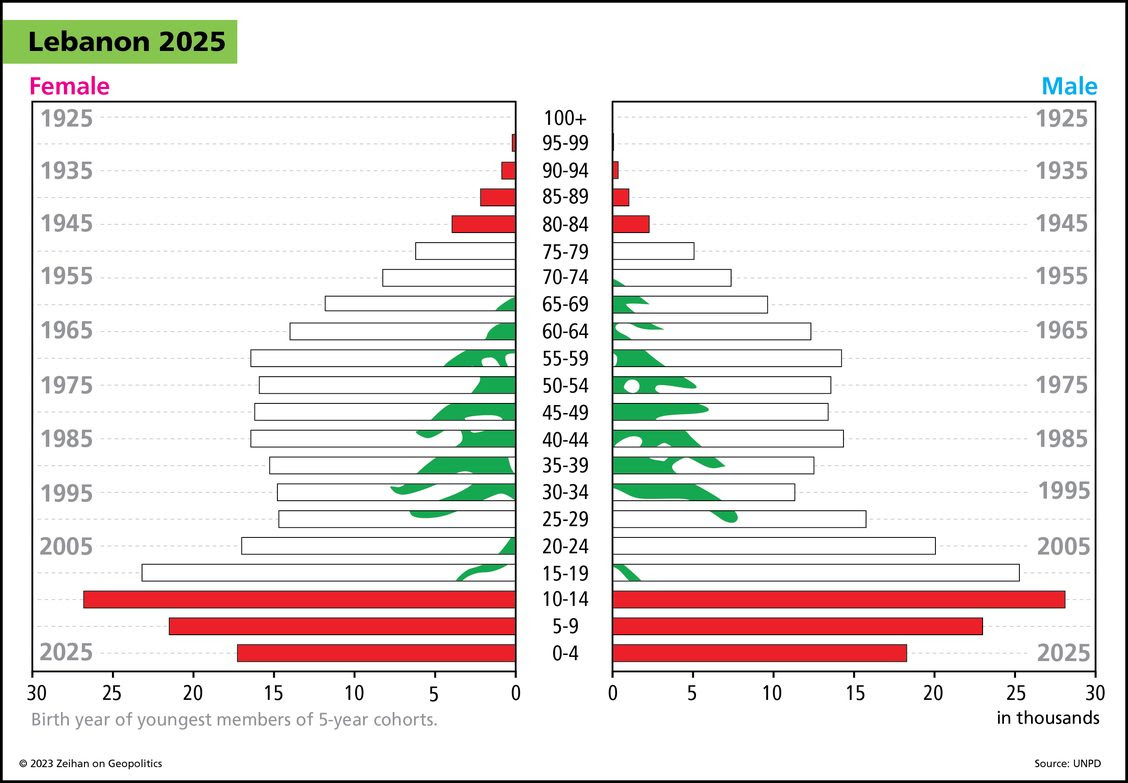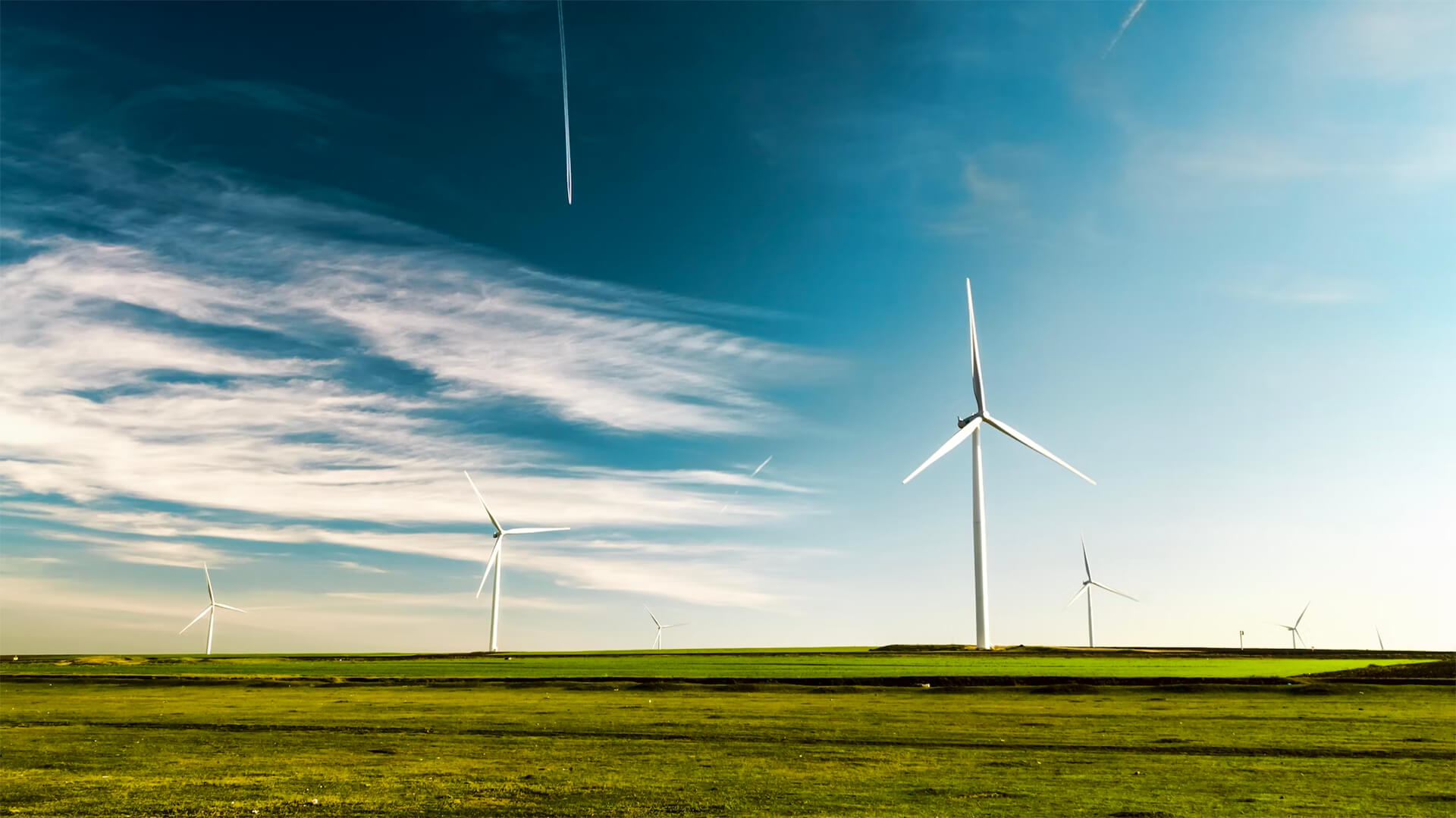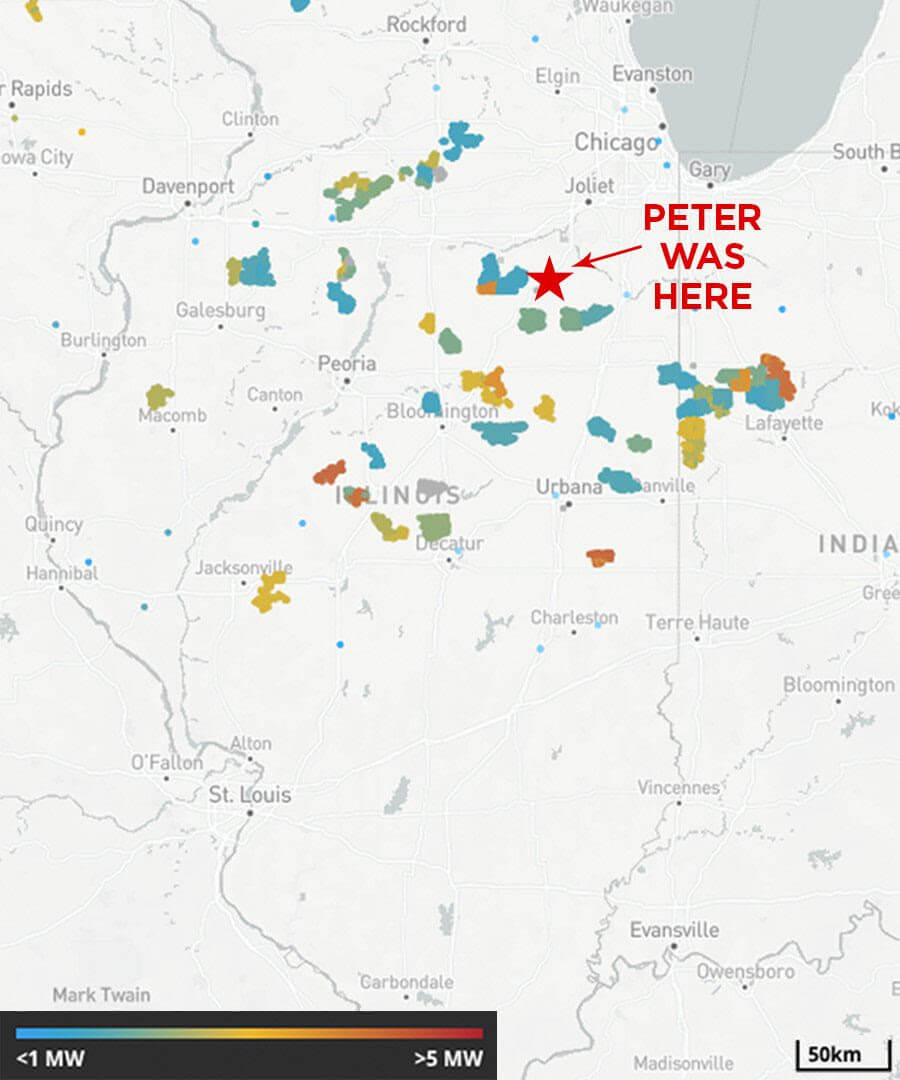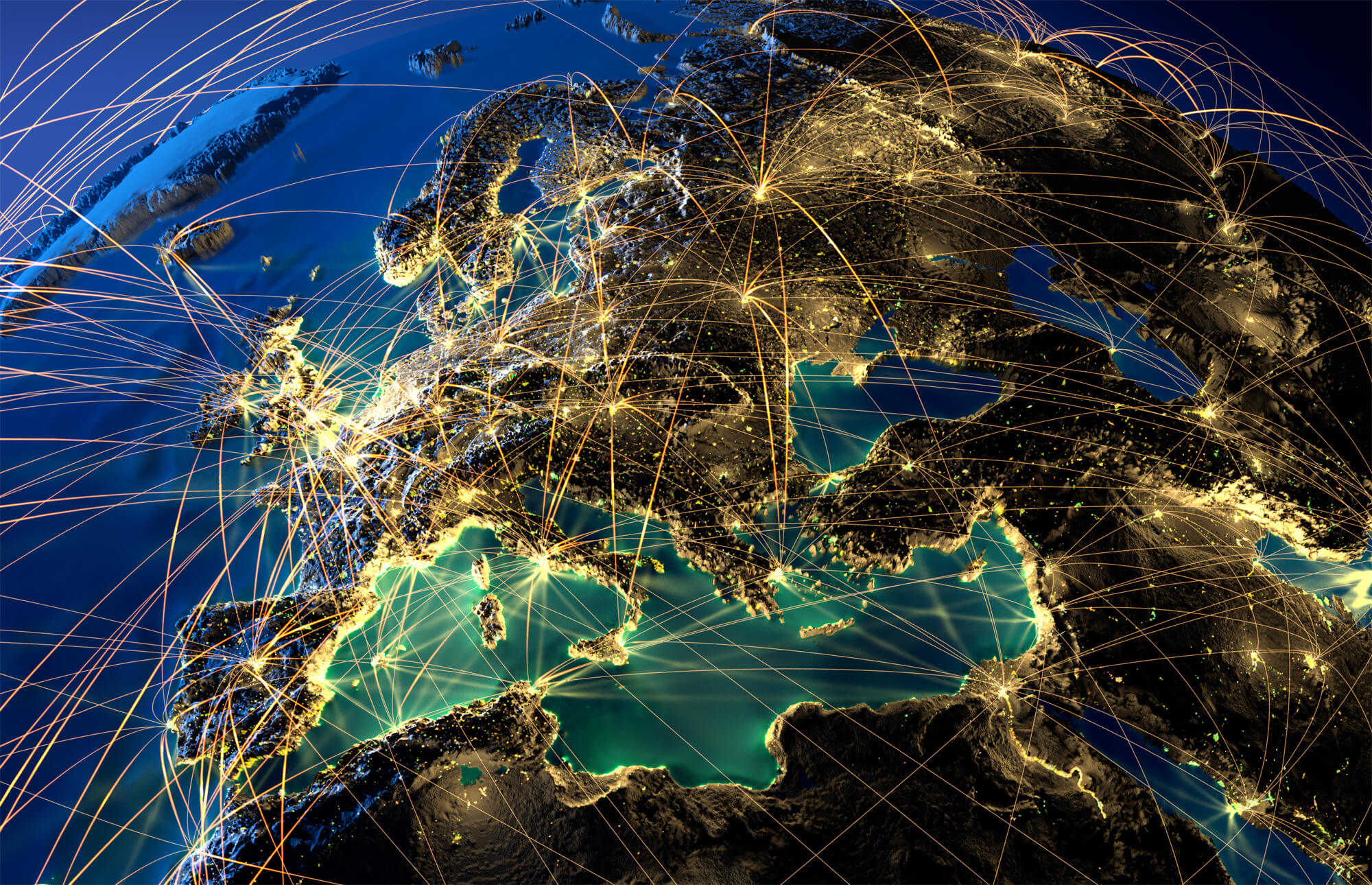Today’s video comes to you from the Rockburn Track in New Zealand.
Terrain as you see in this video, doesn’t exist in many places, as it takes the right mix of altitude and humidity to form. However, this is very similar to the dominant vegetation in Russia’s northern Taiga.
This terrain makes it extremely difficult to build any form of solid infrastructure. In Russia, they wait until the ground freezes solid, then dig down to the permafrost and fill the hole with sand, gravel, or whatever else they have. This forms dikes or berms on which they can build roads, lay pipes, or install any other key infrastructure.
In a post-Ukraine War Russia, will this infrastructure come back online quickly? All of this infrastructure is old and barely hanging on, and now that the West won’t be involved anymore, I wouldn’t count on any of this coming back online for a decade (+).
Prefer to read the transcript of the video? Click here
Here at Zeihan On Geopolitics we select a single charity to sponsor. We have two criteria:
First, we look across the world and use our skill sets to identify where the needs are most acute. Second, we look for an institution with preexisting networks for both materials gathering and aid distribution. That way we know every cent of our donation is not simply going directly to where help is needed most, but our donations serve as a force multiplier for a system already in existence. Then we give what we can.
Today, our chosen charity is a group called Medshare, which provides emergency medical services to communities in need, with a very heavy emphasis on locations facing acute crises. Medshare operates right in the thick of it. Until future notice, every cent we earn from every book we sell in every format through every retailer is going to Medshare’s Ukraine fund.
And then there’s you.
Our newsletters and videologues are not only free, they will always be free. We also will never share your contact information with anyone. All we ask is that if you find one of our releases in any way useful, that you make a donation to Medshare. Over one third of Ukraine’s pre-war population has either been forced from their homes, kidnapped and shipped to Russia, or is trying to survive in occupied lands. This is our way to help who we can. Please, join us.
CLICK HERE TO SUPPORT MEDSHARE’S UKRAINE FUND
CLICK HERE TO SUPPORT MEDSHARE’S EFFORTS GLOBALLY
TRANSCIPT
Hey everybody. Peter Zeihan here coming to you from the Rockburn in New Zealand. And I just saw some vegetation that reminded me of something of significant import.
So behind me, you just have a normal tree stump, but it is covered in several inches of moss. You can see how my hiking pole really sinks into it. Terrain like this doesn’t exist in many parts of the world. You need just the right altitude and the right humidity in order for the stuff to grow in the first place. You’ve got it here in New Zealand, in the temperate rainforest. You’ve got it on Vancouver Island in northwest Canada. It exists in Manitoba, in what they call the Muskeg that is approaching the Arctic Ocean. And then it is also the dominant vegetation and some of the Taiga in northern Russia.
Oh, yeah, unstable ground. So it doesn’t really matter what the reason for a spongy ground, whether it’s moss or permafrost, happens to be, it’s very difficult to build artificial infrastructure. But if you want to do anything with the land, that’s what you’ve got to do. In the case of the Russian space, you’ve got that mushy, marshy top over what is ultimately permafrost, somewhere between five and 30 feet under the surface. And until you get to the permafrost, the frozen layer, everything is just goo. And so any infrastructure that you were to build in the summer would just sink into the swamp. So what they have to do is they wait for everything to freeze solid in the depths of the Siberian winter, and then they go and excavate it and then bring in rock and sand and gravel and aggregate and tar and everything else to build giant berms that go from the permafrost all the way up until you get these dikes that run over the landscape. Environmentally devastating, of course, but that’s never been something the Russians have really cared about. And then you can run roads and pipes and the such, over those berms.
So one of the things that people discuss, you know, in in a post Ukraine worst scenario, will we be going back into Russia in order to tap those resources again and, you know, even in the best case scenario where the government and the politics line up, you really should still count all the Russian stuff out for several decades because that’s how long it took to bring this stuff online. Western techs have been essential to maintaining output in the Russian oil and natural gas fields and their petrochemical center and their general industry since 1992. Because most of this raw infrastructure was built in the 1960s and it’s barely holding on by its fingernails now. And with the Western techs, the Western skills sets, the western capital gone. We’re seeing industrial accidents that are, let’s just say Soviet in scale.
So a lot of this stuff is going to have to be rebuilt and then you’re going to have to have a positive security environment that goes all the way from the point of production through hundreds, if not thousands of miles of permafrost to get to populated Russia and then finally to get out to the wider world. And that is not something you’re going to fix in three months or six months or nine months or ninety months. That’s a decade plus project minimum. And that’s a decade plus in which relations with Moscow have to be positive. So we should all kind of pencil in that materials coming out of the former Soviet space, specifically the Russian space, just aren’t going to be there for the foreseeable future. Until next time.




